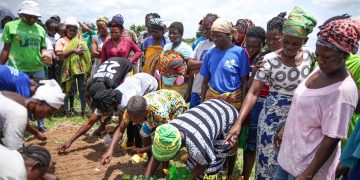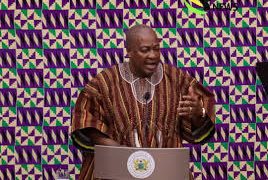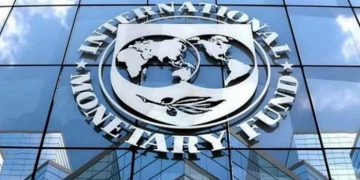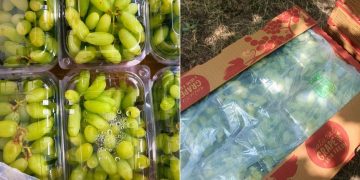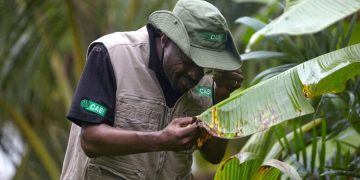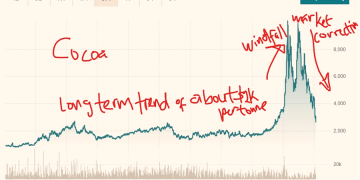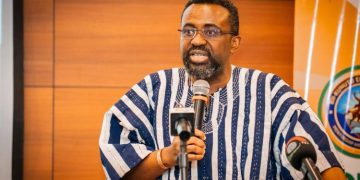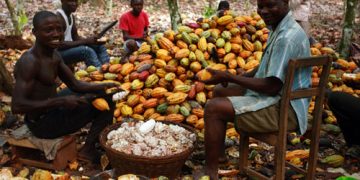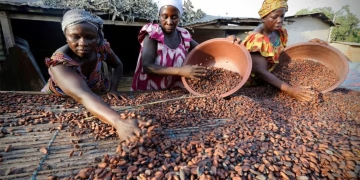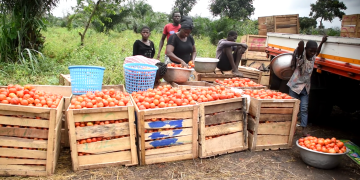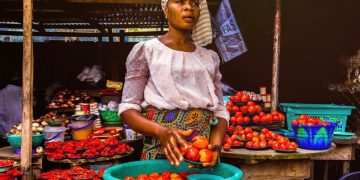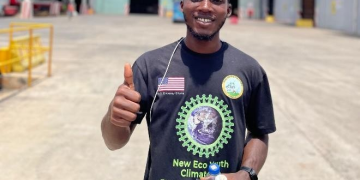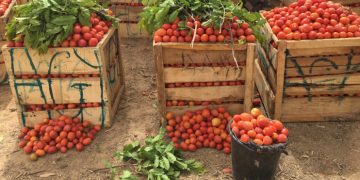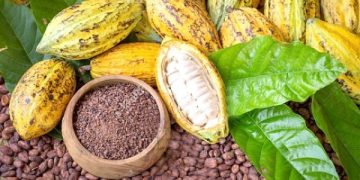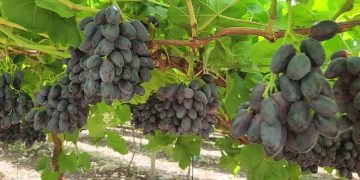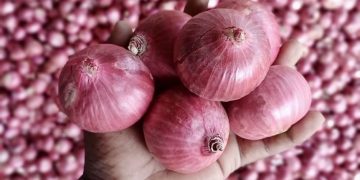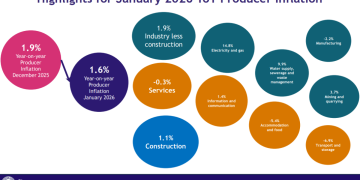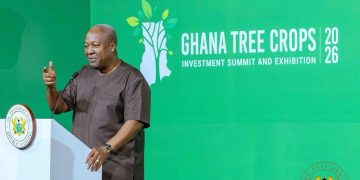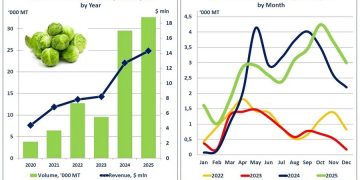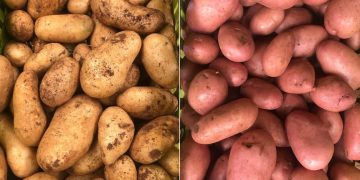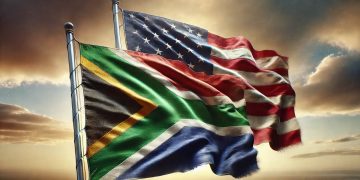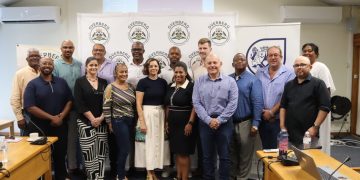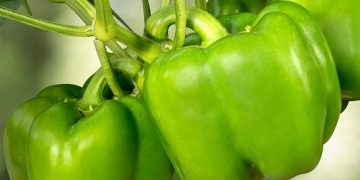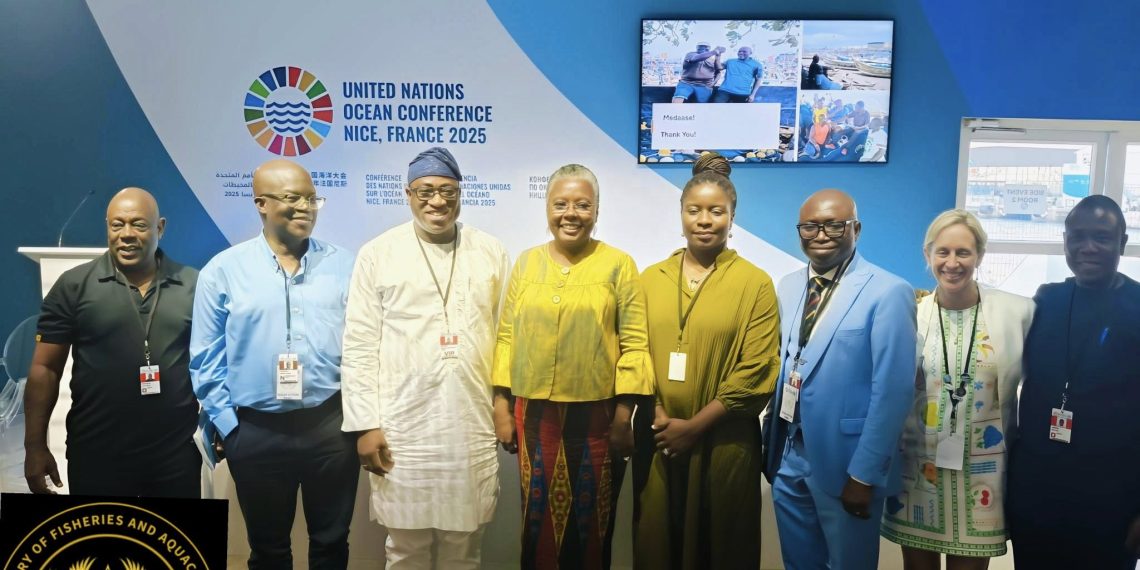Nice, France – 11th June 2025 The Ministry of Fisheries and Aquaculture (MoFA), Ghana, successfully hosted a high-level side event at the Third United Nations Ocean Conference in Nice, France.
The event, themed “Bridging Conservation Gaps: Integrating Indigenous Practices for Equitable Fisheries in Ghana,” convened global stakeholders, policymakers, civil society, and development partners to explore inclusive approaches to ocean conservation and sustainable fisheries management.
Held in the Blue Zone (Room 2), the session showcased Ghana’s leadership in integrating traditional knowledge systems into formal governance frameworks, reaffirming the country’s commitment to a more equitable and resilient blue economy.
Minister Emelia Arthur’s Call to Embrace Indigenous Wisdom
Hon. Emelia Arthur, Minister for Fisheries and Aquaculture, delivered the keynote address and emphasized the need to harmonize scientific approaches with Indigenous ecological wisdom to address pressing ocean challenges.
“The fisheries sector is vital to Ghana’s economy, food security, and identity. Yet it faces immense pressures from overfishing, IUU practices, and climate change,” Hon. Arthur noted. “To bridge the gap between traditional stewardship and formal governance, we must recognize Indigenous systems as central to sustainable and equitable outcomes.”
The Minister highlighted centuries-old practices like taboo fishing zones, sacred groves, and closed fishing days, practiced by Ghanaian fishing communities, as critical tools for conservation that must be formally documented and preserved.
She also outlined Ghana’s implementation of the Co-Management Policy for the Fisheries Sector, including forming Community-Based Fisheries Management Committees and strong collaboration with national fisher associations such as the Ghana National Canoe Fishermen Council and the National Fish Processors and Traders Association.
In a significant move to institutionalize the role of traditional knowledge in fisheries governance, the President of the Republic of Ghana has appointed a fisherman as an Advisor on Indigenous Knowledge to the Ministry of Fisheries and Aquaculture.
This appointment strongly signals political will and national commitment to elevating Indigenous knowledge systems in environmental and marine policy.
Highlights from the Side Event
Documentation of Indigenous Fishing Practices – Urgent call for systematic recording and integration into national knowledge systems.
Integration into Fisheries Management – Indigenous knowledge must be woven into national planning and regulatory frameworks.
Inclusion in Educational Curriculum – Advocated for formal curriculum reform to ensure intergenerational transfer of Indigenous fishing wisdom.
Recognition of Inland Fisheries – Stressed inland fisheries’ critical role in Ghana’s blue economy narrative.
Enhanced Stakeholder Participation – Greater involvement of local fishers and communities in policy development.
Evaluation of Social Costs – Development planning must consider the socio-economic impact on vulnerable fishing populations.
Holistic Management Approaches – Urged a balance between scientific data and traditional knowledge in fisheries planning.
Improved Partnerships—Government, academia, civil society, and Indigenous communities need to collaborate more closely.
Internationally Renowned Panelists
The side event featured an expert panel moderated by Prof. Berchie Asiedu, Deputy Executive Director of the Fisheries Commission.
The panel included:
Prof. Rashid Sumaila, University of British Columbia, Canada
Prof. Elvis Asare-Bediako, Vice Chancellor, University of Energy and Natural Resources (UENR), Ghana
Dr. Kristin Kleisner, Environmental Defense Fund (EDF), USA
Dr. Ifesinachi Okafor-Yarwood, University of St. Andrews, Scotland
Nana Jojo Solomon, President, Ghana National Canoe Fishermen Council
The panel advocated for cross-disciplinary approaches to fisheries governance, called for more inclusive research, and validated Indigenous conservation science.
Hon. Murtala Muhammed Delivers Closing Remarks
In his closing remarks, Hon. Murtala Muhammed, Minister for Environment, Science and Technology, applauded the Ministry of Fisheries and Aquaculture for championing such a transformative dialogue on Indigenous practices.
He underscored the importance of blending scientific research with community wisdom to address biodiversity loss, climate threats, and livelihood insecurities.
“The health of our oceans is inextricably linked to the well-being of our people,” he said. “We must adopt a holistic approach that blends modern science, local innovation, and inclusive governance to build a resilient blue economy.”
He reaffirmed Ghana’s commitment to the 30×30 global target, protecting 30% of the ocean by 2030, and called for greater international collaboration, increased investment in ocean science, and support for community-led conservation.
A Unified Call to Action
The session concluded with renewed calls for development partners, international institutions, and regional organizations to:
Invest in Indigenous and community-led marine conservation
Support the documentation and validation of local knowledge
Promote inclusive and gender-responsive ocean governance
Looking Ahead
Hon. Arthur closed the session by urging a new ocean governance paradigm that recognizes the ocean as a shared heritage and places Indigenous values, leadership, and knowledge at the forefront of conservation efforts.
“True sustainability is not only about ecological balance, but also about social equity and cultural integrity,” she affirmed.
Ghana’s participation in the UN Ocean Conference 2025 affirms its role as a continental leader in fostering inclusive, knowledge-driven, and resilient approaches to ocean and fisheries governance.
SOURCE: Daily Agric News

